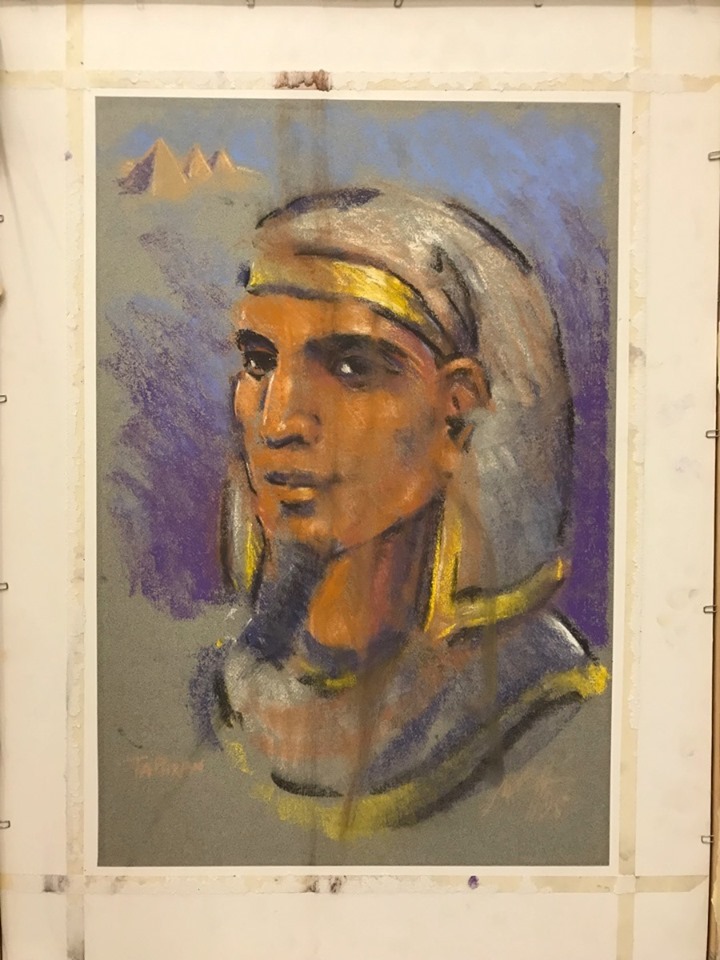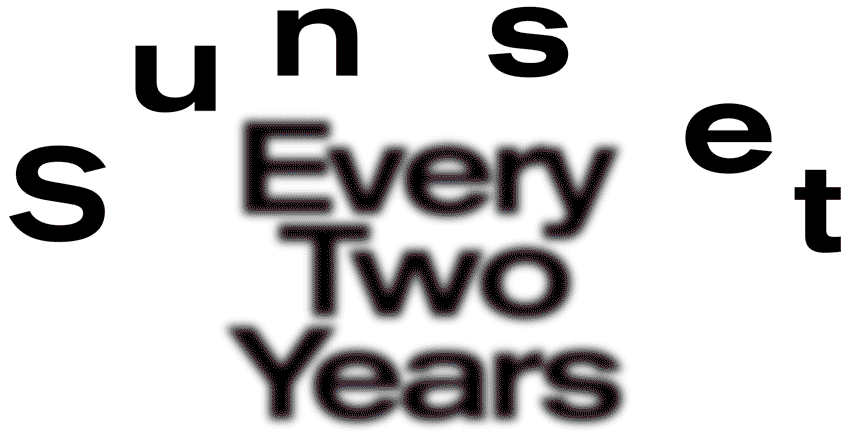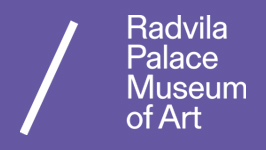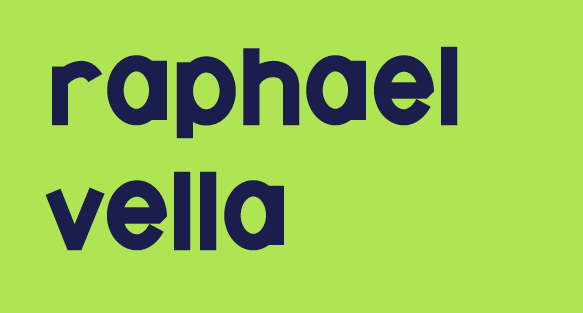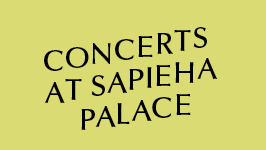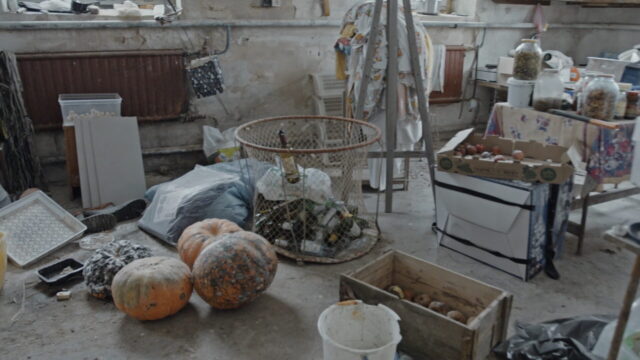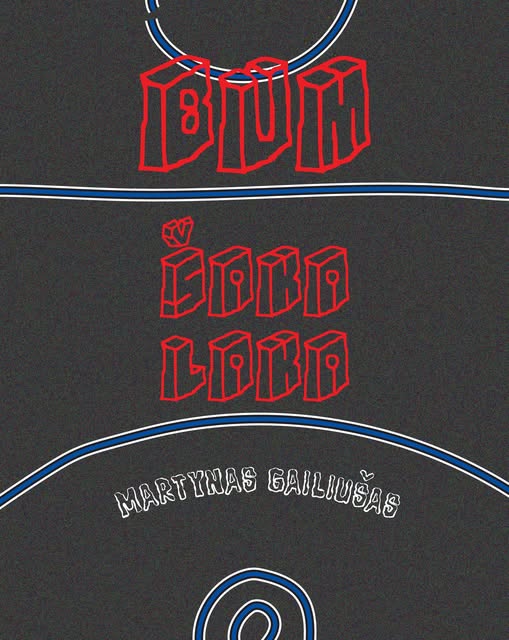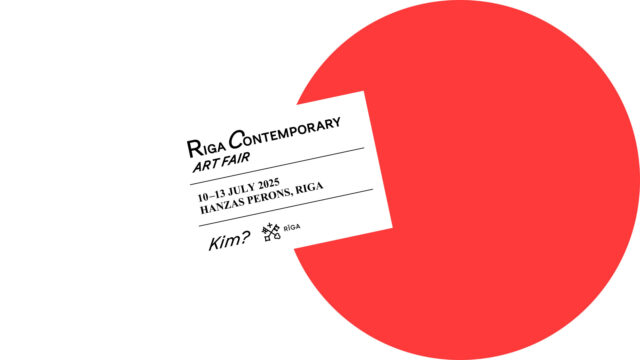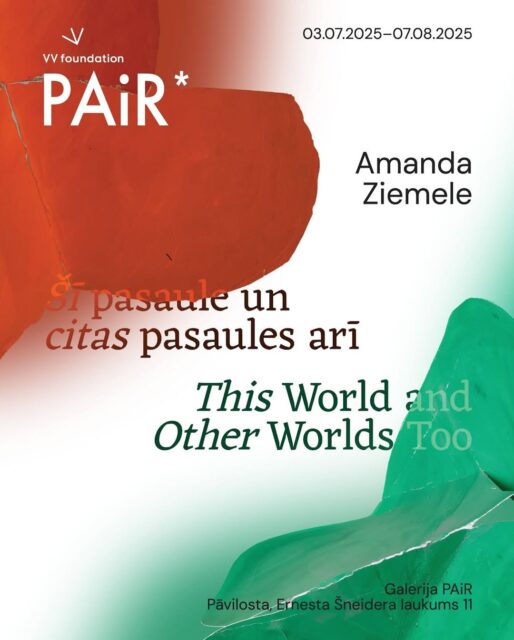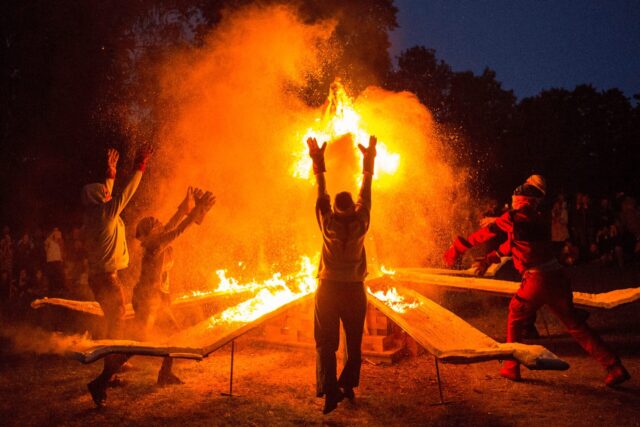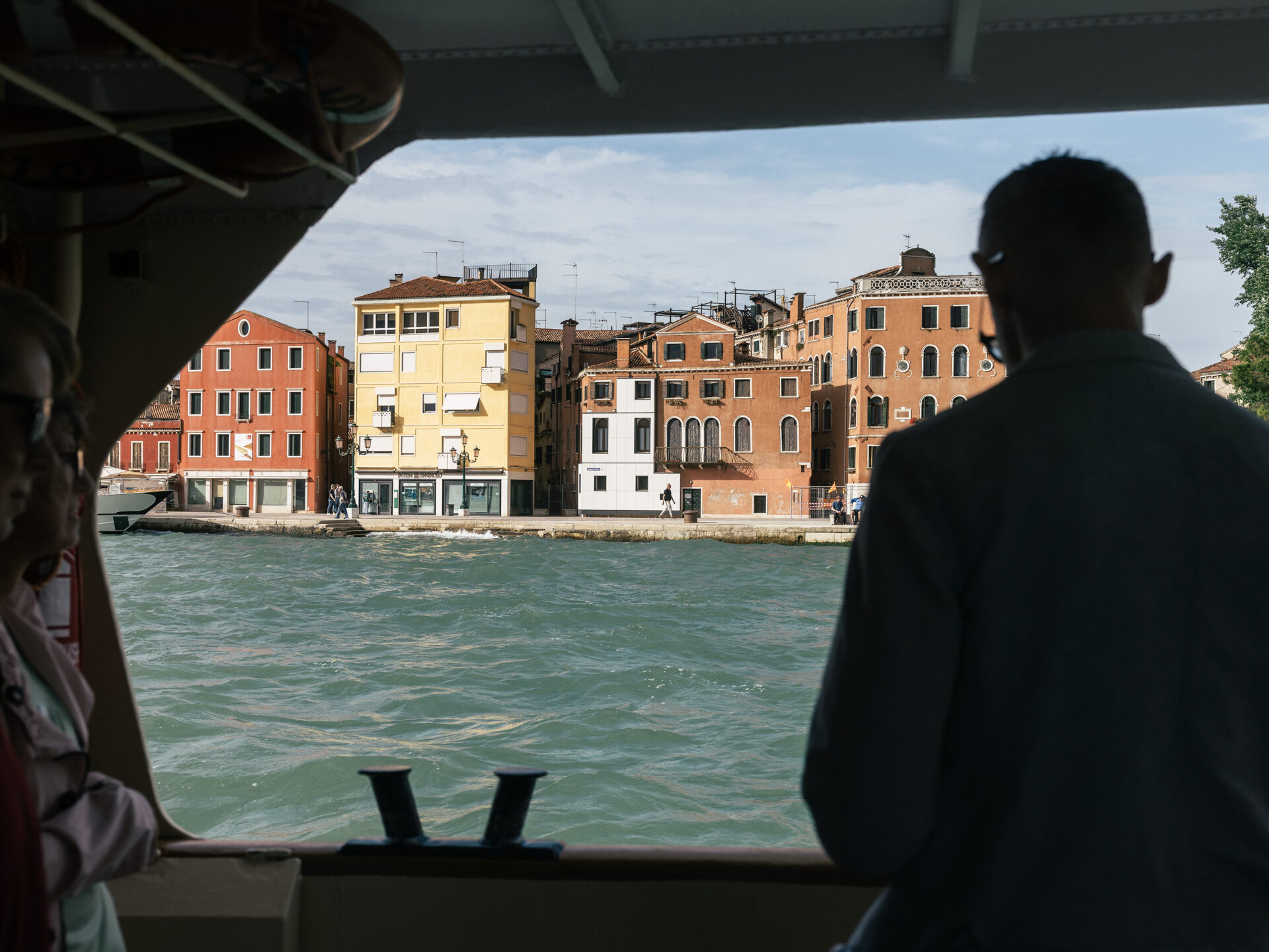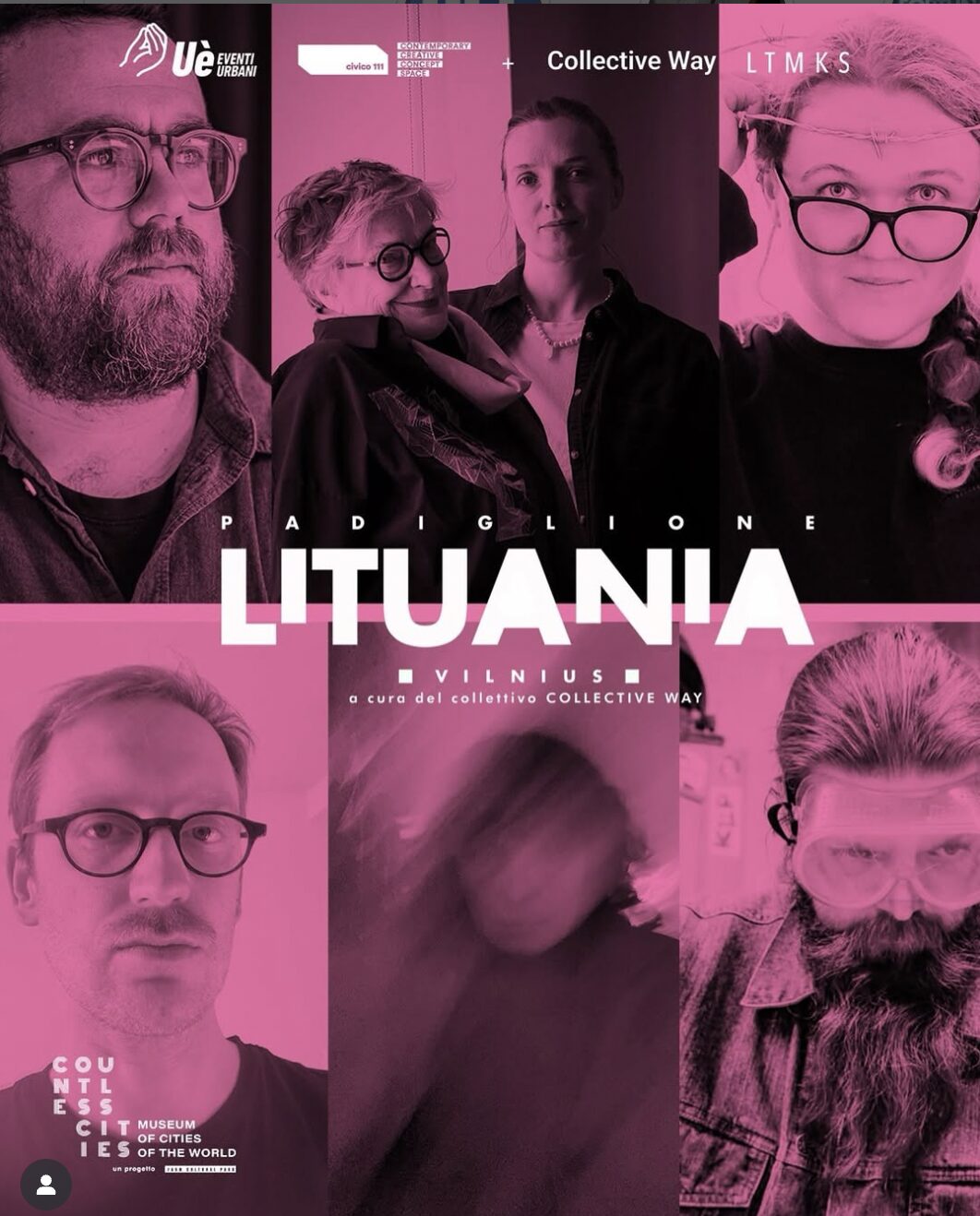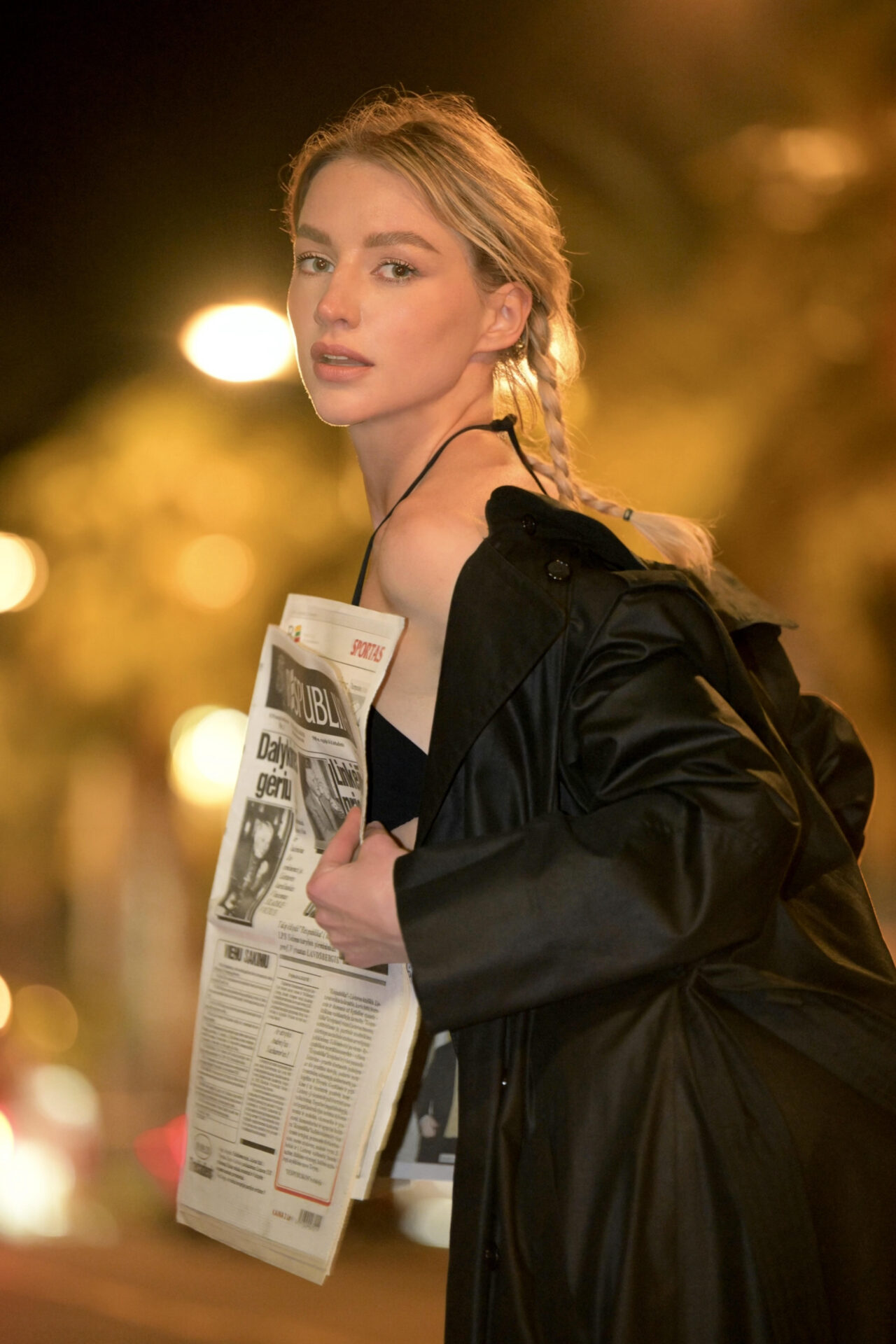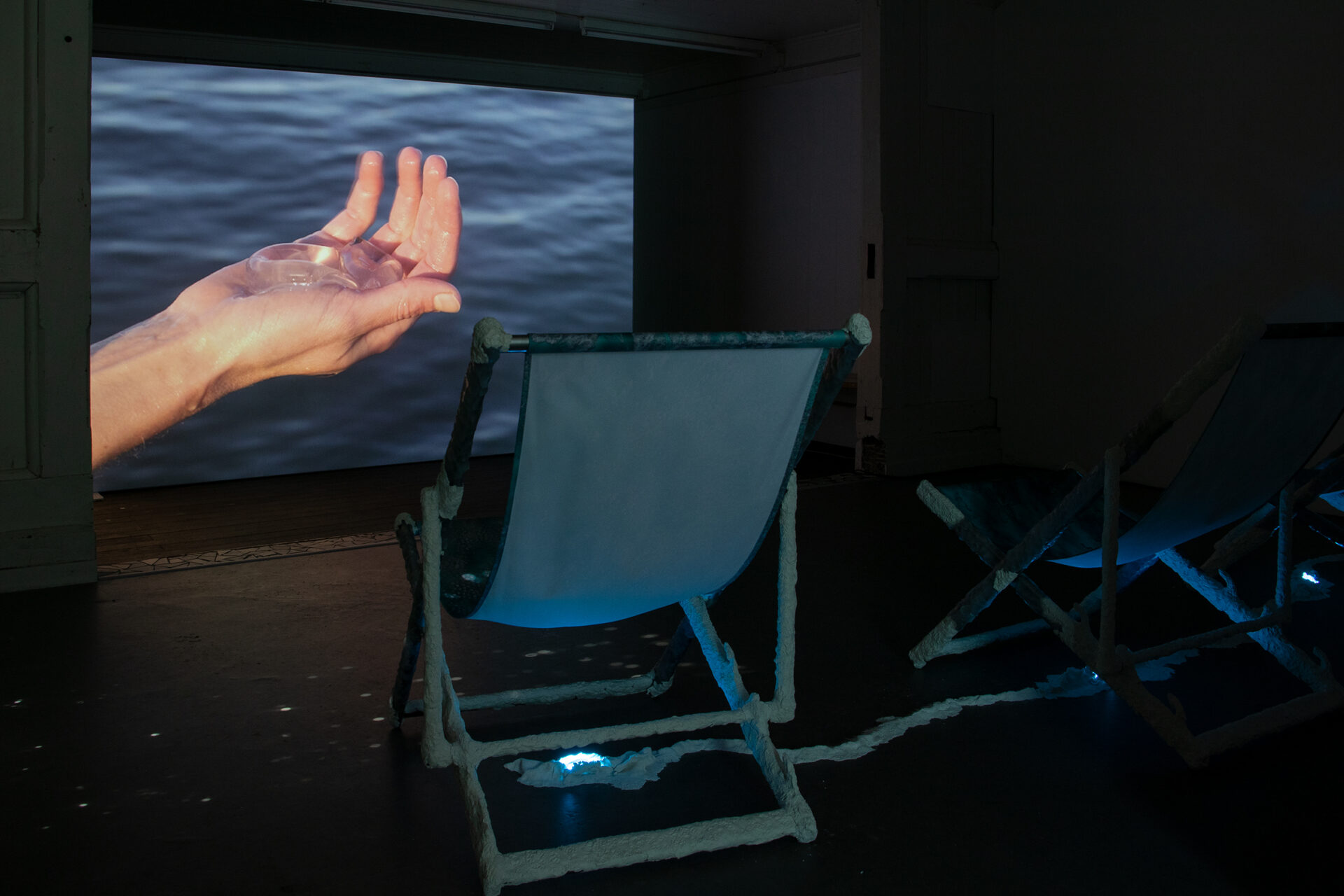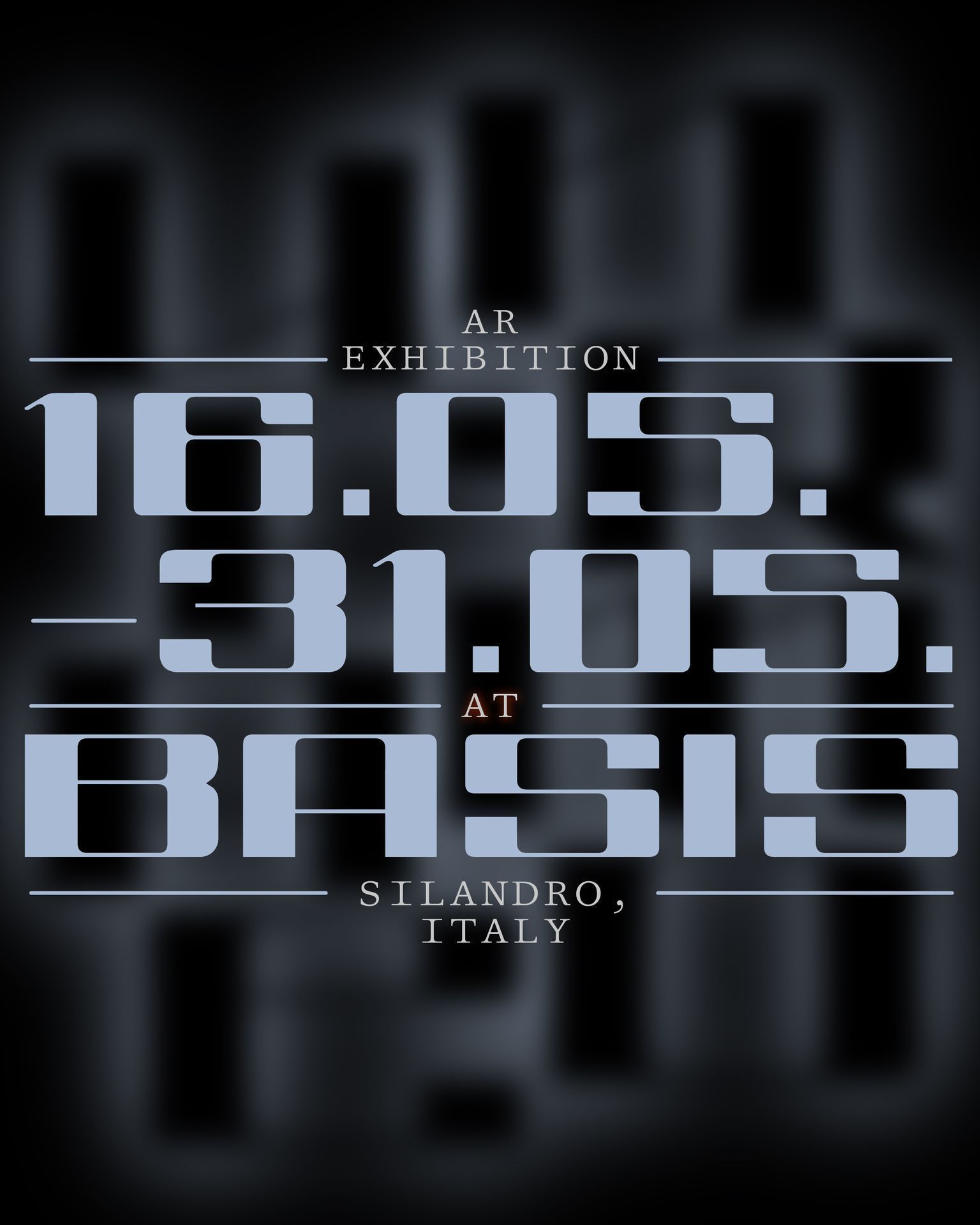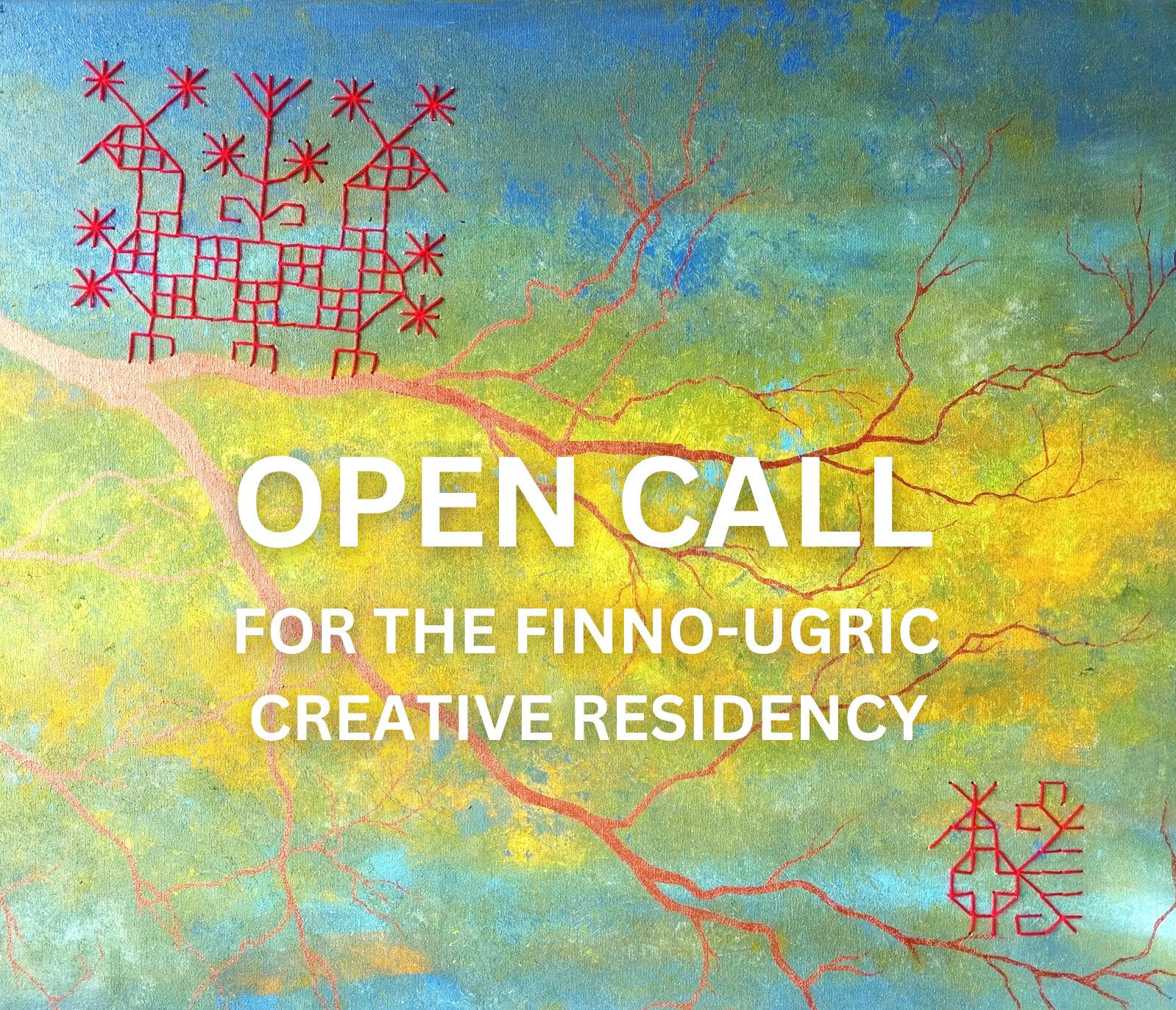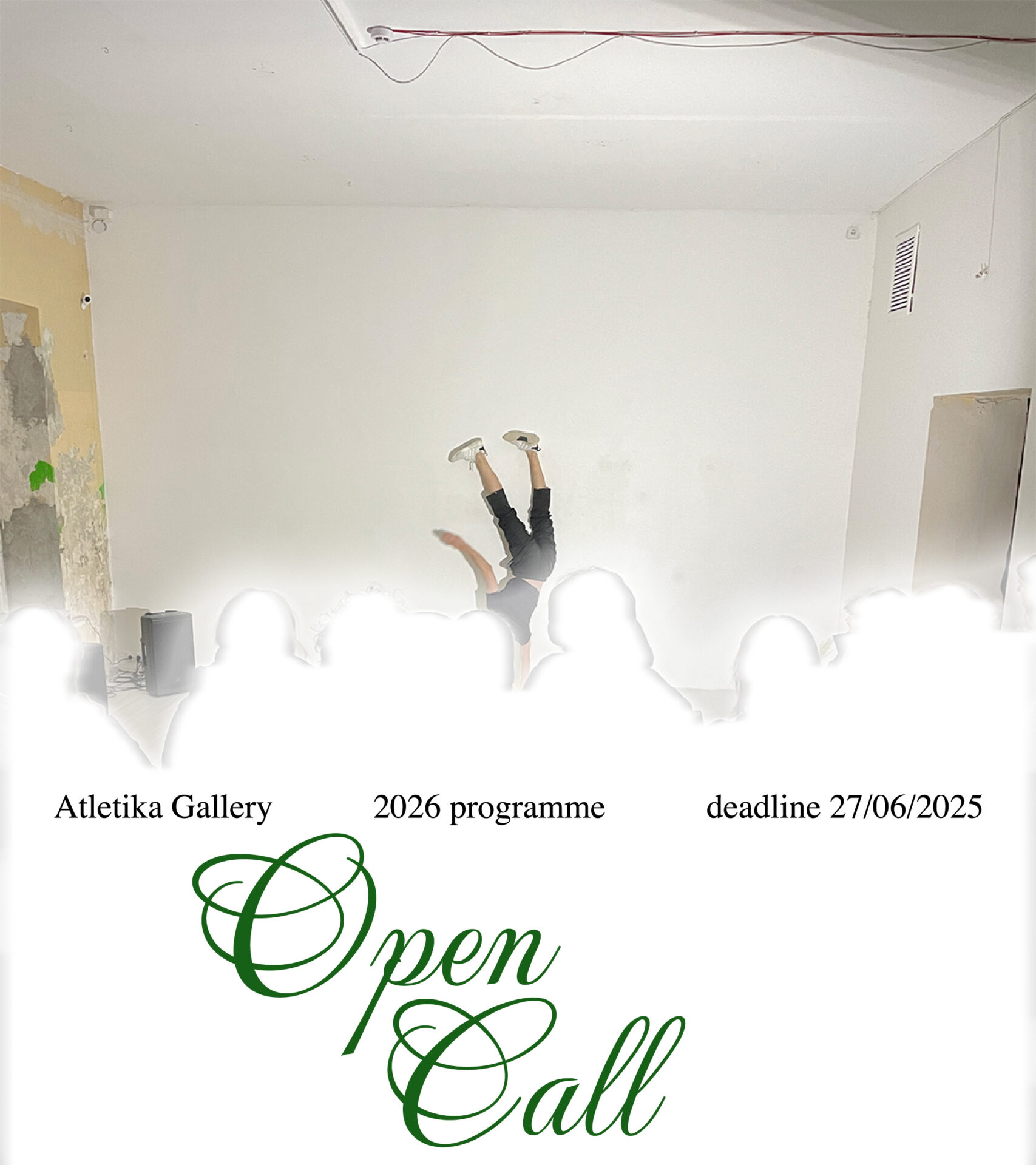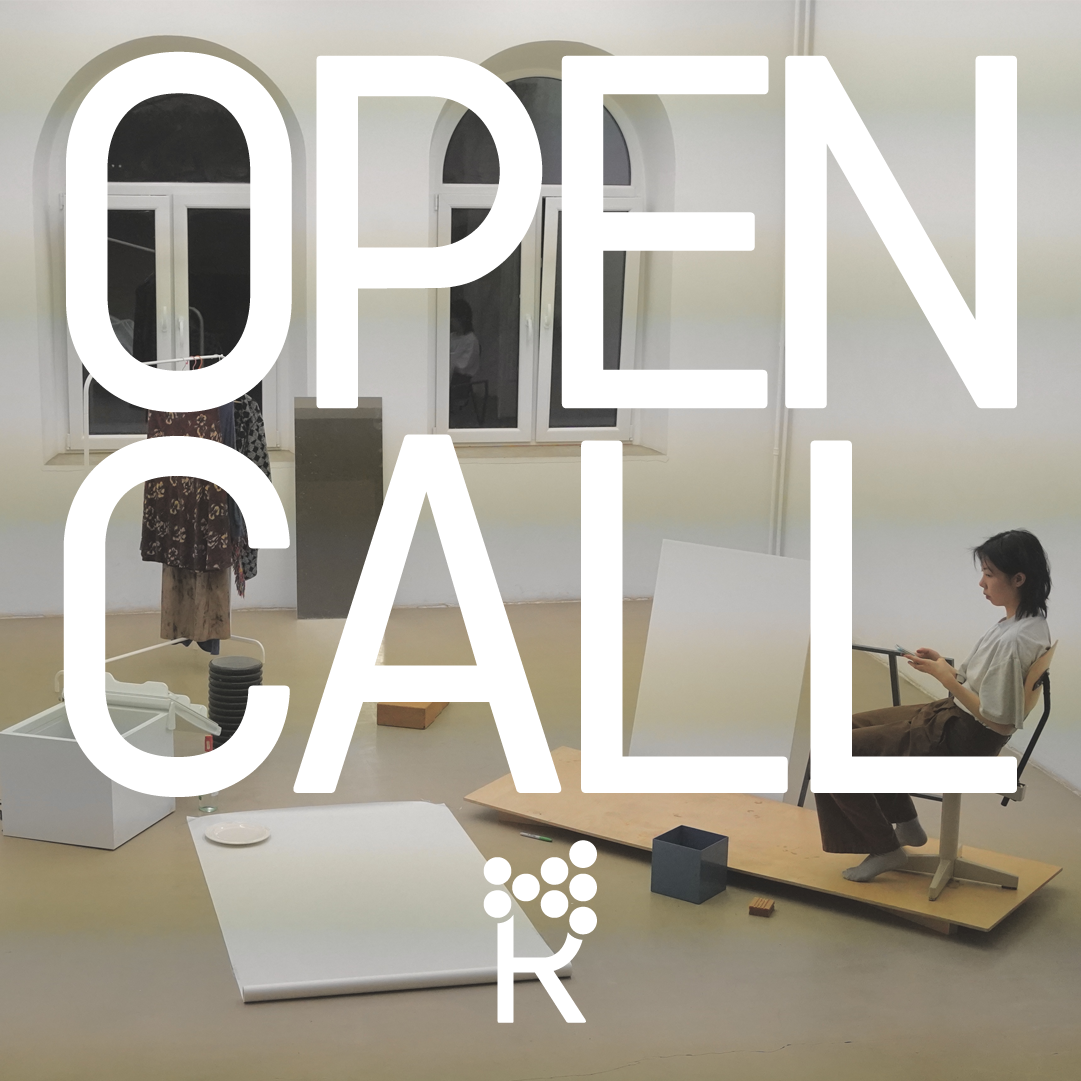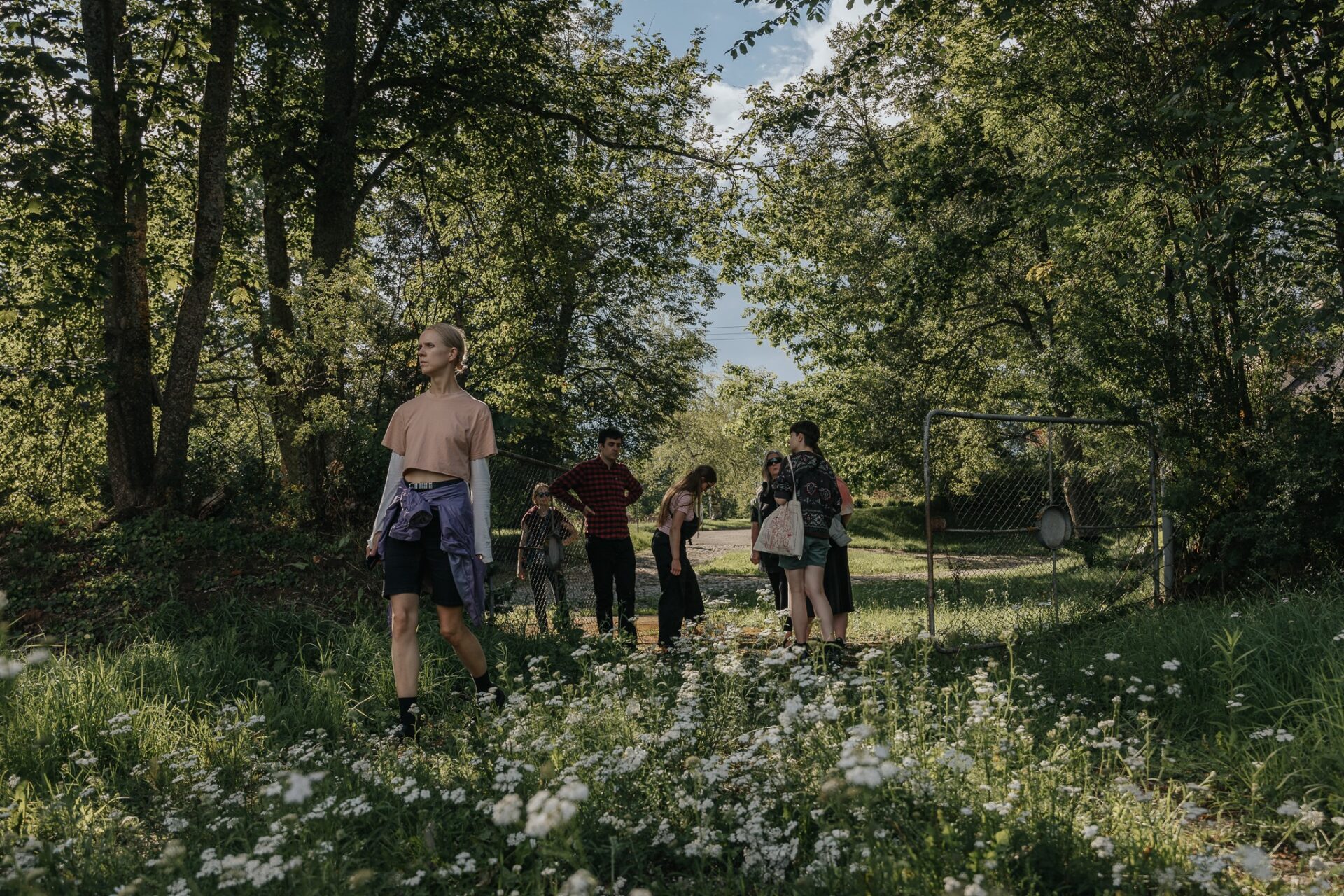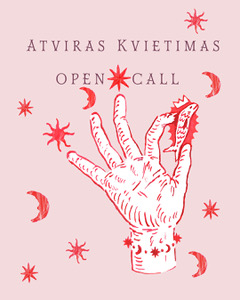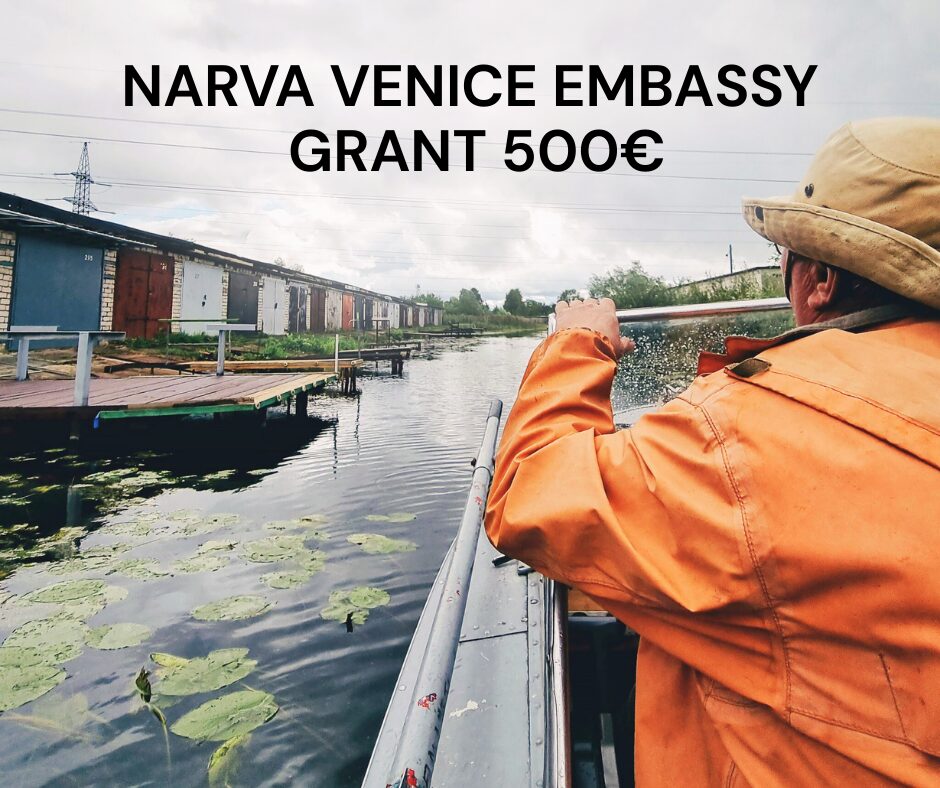“Pictures and Words”
Jordan Devlin, Vytenis Burokas, Ieva Rojūtė
Curated by: Paulius Andriuškevičius, Nicholas Kleindienst
Opening: Wednesday 30 Oct, 6 – 8pm
Dates: 30 October – 23 November 2019
Accessibility information:
https://busprojects.org.au/footer/accessibility
Pictures & Words enquires into the individualism of artistic production through explorations of origins, meanings, and relationships between common literary and pictorial tropes. It seeks to land on the dark side of the imagination, prying into perspectives of identity and the subconscious through links between body and mind. Idiosyncrasies are acknowledged as driving forces in the telling of fragmented narratives, they are celebrated in the exhibition as conduits which allow one to traverse the frontier of the personal and the public. Arranged as a meeting of the personal within collective views, the second chapter of Pictures & Words extends from the first to deepen its contextual relationships with Melbourne and Vilnius.
Participating Artists
Jordan Devlin is a self-taught Scottish-Australian artist from Glasgow currently based in Melbourne. His work looks to infuse the physical and emotional aspects of traditional painting, with a wealth of modern, historic and mythic allusion. The work seeks to present and encourage immediate and introspective experiences, through the collection and transformation of materials and artefacts. Many of the materials used are found discarded in the local environment; the work questions why and breathes new life into otherwise redundant objects. Jordan showed his work in number of group and solo shows across Australia, including exhibitions at Rubicon Ari (Melbourne), Seventh Gallery (Melbourne) and Good Space (Sydney).
Vytenis Burokas is an artist and curator from Vilnius, Lithuania. He is a graduate in contemporary sculpture and art pedagogy from Vilnius Academy of Arts and was a participant of Rupert Alternative Education Program in 2013 – 2014. Vytenis merges interests in different disciplines and genres in search for splintered traces of cultural influences. In his practice, he investigates metabolism and the fermentation of knowledge drawing attention to relationships between microorganisms and people. Known for creating and preparing beer recipes based on artistic, philosophical, anthropological, sociological ideas, Vytenis constructs a new whole by straining findings through a filter of personal experiences and observations and presenting it in a form of a performance, publication, installation, sculpture and drawing. Vytenis exhibited his work at Autarkia (Vilnius, Lithuania), Contemporary Art Center (Vilnius, Lithuania), MOCAK (Krakow, Poland), Komplot (Brussels, Belgium), Nida Art Colony (Nida, Lithuania), Granada Film Festival (Granada, Spain), Rupert (Vilnius, Lithuania). He co-curated exhibition Citynature: Vilnius and Beyond at the National Gallery of Art (Vilnius, Lithuania).
Ieva Rojūtė is an artist from Vilnius, Lithuania. Even though Rojūtė’s work, which employs words, painting and space, suggests itself as installation, its roots nevertheless mainly stem from language. Short, scattered phrases form a specific, visually perceived poetry. Its lines appear as if pulled out of a wider context; non-descriptive, they indicate a specific feeling rather than open into an elaborate narrative. A mélange of stolen random phrases, fragments of dreams (or perhaps nightmares), of erratic pieces of advice strangely connected to various prejudices and folklore, it speaks about those awkward situations, which are so painfully familiar to us all. Rojūtė is willing to address those uncomfortable states of mind, situations and feelings that we are so desperately eager to avoid, such as the constant fear of a possible great failure, disappointment, misfortune, or a timeless anxiety. Still, their work is neither dark nor gloomy. It rather reminds us of certain secret hiding spots from our childhood days that offer a safety cover, where strange things happen, but one always finds a way out via a total freedom of behaviour.
Excerpt from a catalogue text by curator Neringa Bumblienė for the 13th Baltic Triennial: Give Up The Ghost
